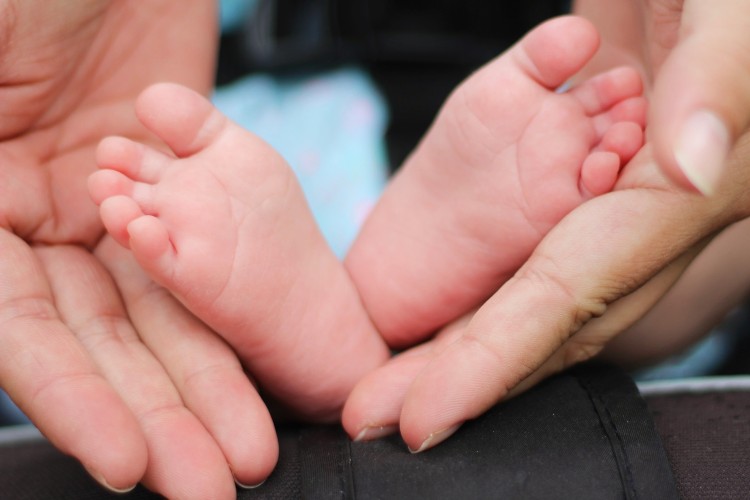Pregnant women get a lot of confusing answers to “Can I drink during pregnancy?” One of the most crucial areas that they should be worried about is what to eat and during pregnancy. Especially with a lot of psychological changes going on, it becomes increasingly difficult for them to adjust without their comfort food and drink.
If you ask your friends if it’s safe for you to indulge in a glass of wine, some might tell you that it’s okay, and some might stop you from doing so.
Numerous studies and research have been conducted by doctors to understand how alcohol affects pregnancy.
Ideally, pregnant women are asked to say no to alcohol, ultimately. According to a study by the CDC, at least one in eight pregnant women in the U.S. admits to drinking at least one glass of alcohol in a month.
There is a vast divide amongst the masses if alcohol consumption is safe. However, doctors have maintained a consistent voice on this, and they strictly prohibit alcohol consumption during pregnancy.
Why is drinking alcohol during pregnancy not safe?
It is a known fact that excessive drinking causes a lot of complications during pregnancy. However, the implications are not as severe for occasional drinkers.
The effects of alcohol on pregnant women are complicated to study because alcohol behaves differently on different individuals. Some women have higher level enzymes that can break down and nullify the effects of alcohol. However, if pregnant women with lower levels of enzymes drink alcohol, it can severely affect the fetus.
Being a debatable topic, the safest option is a strict no to any amount of alcohol. The American College of Obstetricians and Gynecologists, the American Pregnancy Association, and the American Academy of Pediatrics claim that alcohol should be prohibited entirely during pregnancy.
Dr. David Garry, DO, associate professor of clinical obstetrics and gynecology at the Albert Einstein College of Medicine puts this rather much more succinctly by saying, “The way I see it is: If you wouldn’t give a 2-month-old a glass of wine, then why would you drink a glass of wine when you’re pregnant?”
As some old clichés, unlike most of them, are often much revealing, ‘prevention is better than cure’ is the idea stemmed from the purest form of common sense. Hence, it is essential to discard the idea of alcohol consumption altogether.
To understand this better, let us now see how alcohol can affect the fetus during its crucial development period.
Effects of alcohol on the fetus
Teratogen is the name of the substance that disturbs the fetal development during pregnancy. During the initial stages of development, the fetus is susceptible to numerous teratogens. So, if it is exposed to teratogens beyond a specific limit, it can severely disrupt various significant characteristics of the development. And most importantly, the development of the central nervous system in the fetus can be adversely affected.
Alcohol is highly teratogenic. Hence, if a woman drinks during pregnancy, then the alcohol penetrates through the placenta and mixes with the baby’s bloodstream. This gives rise to an increased probability of congenital disabilities, physical deformities, and mental abnormalities, and at the same time, it also increases the possibility of fetal alcohol spectrum disorder.
Carol Archie, MD, associate clinical professor of obstetrics and gynecology at the David Geffen School of Medicine at UCLA, thinks that even the slightest amount of alcohol can severely disturb the development of the baby’s brain. The brain is one of the parts that are always in the development process during the pregnancy; hence, Dr. Carol advises complete abstinence from alcohol during pregnancy.
Let us now look at fetal alcohol syndrome and see the possible issues that can occur because of it:
Fetal Alcohol Spectrum Disorder:
FASD carries an extensive array of potential disorders that can occur due to alcohol exposure on the fetus. Following are the adverse effects that it can cause:
- Meager birth weight; directly reflects poor health of the baby
- Severely stunted growth
- Much smaller head circumference as compared to babies without FASD which leads to various cognitive disorders
- Delays significant development of the child, such as the ability to walk, talk, and so on.
- Effects on vision and auditory abilities.
- Poor skeletal development
- The child may also face difficulties with motor coordination
- One-third of children with FASD have a cardiovascular deformity
- Severely affects the overall IQ ability of the child
- It can severely disturb the development of kidneys
As grave as these symptoms are, it is essential to note that these issues and congenital disabilities are entirely irreversible. Hence, it is only the best opinion to avoid any consumption of alcohol during pregnancy.
Conclusion:
We have seen how alcohol can have a severe impact on the fetus during its initial development stages. It is important to note that these effects are irreversible so the child will have to bear all the consequences of your doings. Hence, you must make some sacrifice, and it certainly is not the biggest, to give a good life to your child.



